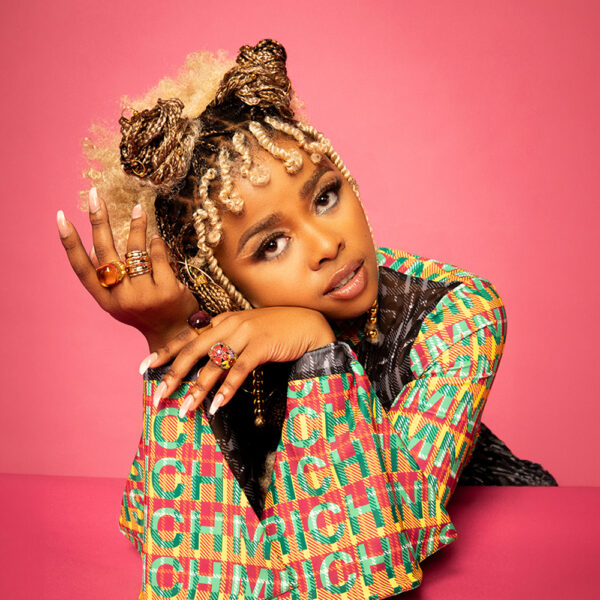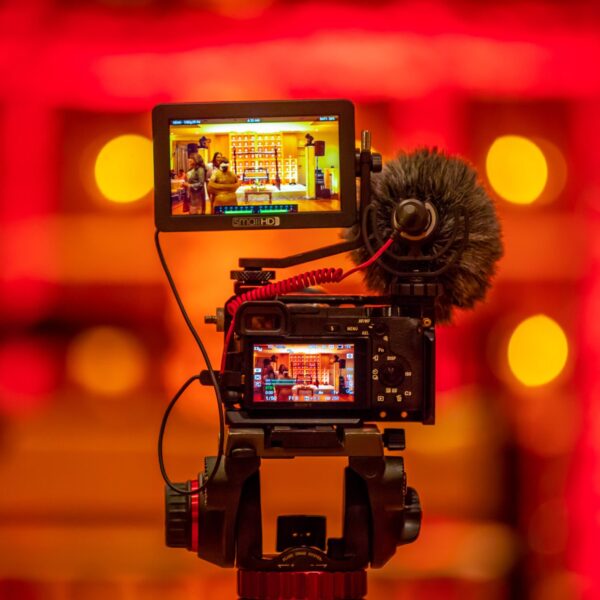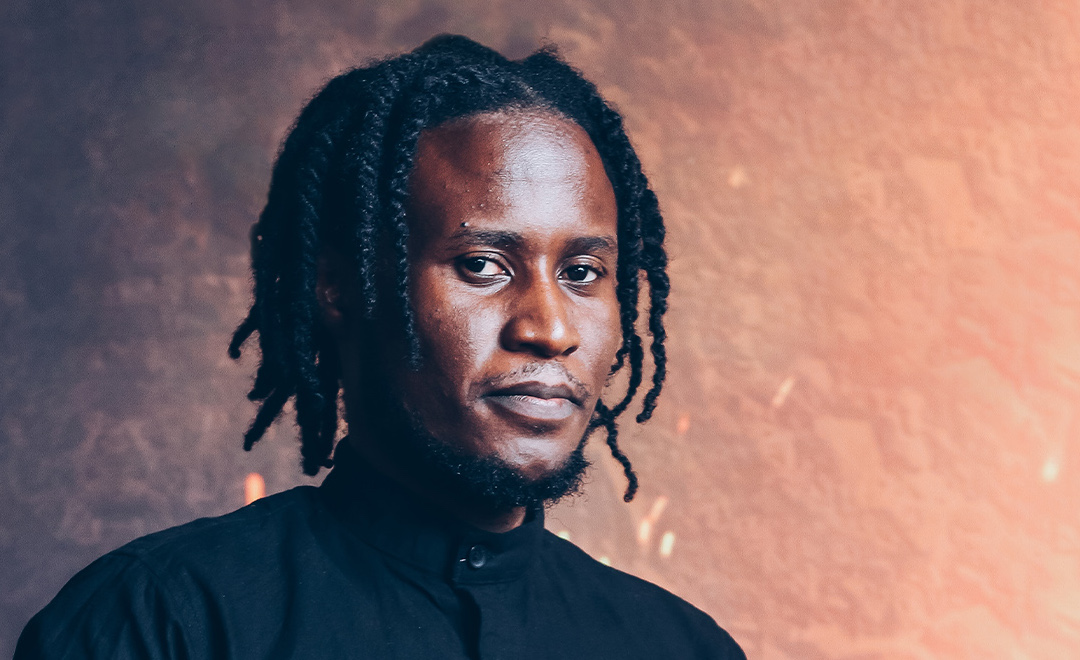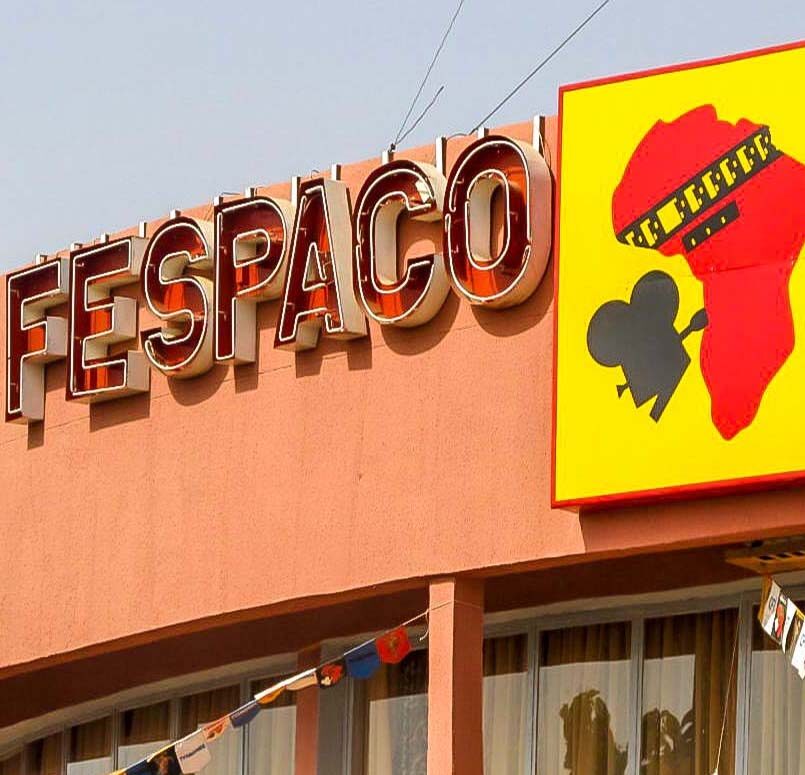
Photo credit: Gabrielle Kannemeyer / Netflix
TV
Buntu Petse is Netflix’s New Cool Kid

Photo credit: Gabrielle Kannemeyer / Netflix
Petse credits playing the unlikeable character in Netflix’s Miseducation, with building her newfound confidence
By Chisom Peter Job
September 2023
Netflix’s Miseducation is a young adult series that follows Mbali Hadebe (played by Buntu Petse), a teen in South Africa, who leaves home after her mother is arrested for fraud at a party she threw. The six-part drama, produced by Burnt Onion Productions, the studio behind How to Ruin Christmas, focuses on Mbali as she tries to climb the social ladder at her new school, leaving behind a trail of chaos.
Petse is well aware that Mbali’s penchant for causing drama irks viewers. “I think it’s good that people found it annoying. It means you’re not someone who loves chaos in their life, so you’re doing something right. But I think it is a great character trait for Mbali because she actually doesn’t care,” Petse tells STATEMENT. “If she hasn’t done something chaotic, then she hasn’t lived through the day.”
Petse isn’t worried that playing Mbali will affect her likability, having already established herself amongst audiences. She was recently a presenter on South African Broadcasting Corporation’s Teenagers on a Mission, and had her first role in Generations: The Legacy, a soap opera that “celebrates the hopes and dreams of South Africans who aspire for a better future.” Depicting vastly different characters, all with an incontrovertible confidence, is Petse’s greatest strength, a quality that extends off the screen as well. She speaks with authority, but admits she didn’t always feel so self-possessed.
“Honey, the self-confidence in myself and my body was something I didn’t necessarily have walking into this, and the wardrobe department was like girl, you got a good body, and we’re gonna show it,” she says, smiling. “I didn’t really believe them, but now that I got to watch it, I think I represent a lot of girls who are considered a lot bigger than society’s norms, and I’m just happy that I was able to carry my body so confidently on screen, and I hope that it inspires other young girls who look like me.”
Petse spoke to STATEMENT about Miseducation, her creative process, and what’s next.
This interview has been edited for length and clarity.
STATEMENT: Now, you’d agree that Mbali made rash decisions, right?
Petse: A hundred per cent. I think she deals with the consequences when they come, but she is impulsive. However, at the core of it all, she has a goal: to be at the top. So, I guess this was a consistency with her making rash decisions.
Okay, so what was the process of bringing her to life, like for you?
So, luckily for me, at the time, obviously, I didn’t think it was such a great thing having to go to auditions and callbacks the amount of times that I did. But in hindsight, that was when I got to really know Mbali, and I think I had an edge over her because, by the time we started shooting, I had performed her so many times. Yes, it was one body of work, but I was able to play it in many diverse ways to showcase my talent. And in that time, I got to know Mbali on a deeper level.
Is this how it usually is for the other characters you’ve got to play?
Me getting into character?
Yes.
I’ve been doing this for four years, and the other characters I am currently working on are in a different format than this young adult series. We get to focus on other things, whereas here, I got to be boisterous with her [Mbali].
What’s one thing that was challenging in this regard? Getting into character and everything?
What separates me from Mbali is my self-centeredness. But then, I had to take a step back to better understand the paradoxical phenomenon that is Mbali because she is the opposite of that. But in doing that, I was able to bring in the selfishness. It was a challenge, but having the support of my cast mates and them saying, “I’m really seeing her through your performance,” helped me.
You mentioned the support you got from other members of the cast. What was it like filming and collaborating with them?
It was amazing. There were veterans and new people in the game. Working so closely with Mpho Sebeng and Lunga Shabalala was an experience because I learned a lot. I was just like a sponge absorbing.
I also loved that the head writer and director allowed us to share our opinions. We understood that they were there to direct us correctly, but they let us share our thoughts on our characters. That open air provided us with so much confidence and validity.
That’s great! Back to Mbali, do you think she ever made the right decision?
It’s very hard for me to answer that question because I’ve grown to respect Mbali. I think when you try to embody a character, you can’t judge her too much. You need to try to understand her motives and where they’re coming from. And I think I do have a newfound respect for her even more because there are a lot of people who dream and want to do things but don’t get to. So if people are going to be annoyed at the character, that’s something they should at least take away; in chaos, she did it consistently and diligently.
And what about her friends? Will they ever forgive her?
They should! I mean, no one deserves to be crucified. No one is God; even he said we should forgive [laughs].
So, would you agree that Mbali is an emotionally challenging character? If yes, how did you approach this? What were some of the techniques you used to tap into her emotions?
I’m going to go back to the script. At the table read, I felt what she felt. I was quite empathetic, and when it got to putting the script out on the floor, I was already invested in who she was. Whatever made her angry or happy made me feel the same way. It sounds crazy because you really do fall in love with this person as you have the massive duty of embodying them.
How do you stay inspired?
I stay inspired by other people. When I’m having a bad day, for example, I look at someone else and don’t know their story or what side of the bed they woke up from that morning. But seeing them working diligently makes me want to pull myself up. Seeing everyone do their best in each department kept me going.
That’s a good way to stay motivated. What was the last film or show you watched?
Watched? I think it was Miseducation [laughs], but let’s make this a bit difficult. So there’s a movie on Prime Video called “Red, White, And Royal Blue,” and it’s lovely. I enjoyed it.
That’s a good film. What are some of your favorite TV shows, and how have they inspired you as an actor?
I’d definitely say “Blood and Water” because I’m a huge fan. Also, how the actors embodied the characters was amazing to see, and I knew that was the standard I wanted to uphold, especially for a young adult drama. “How to Ruin Christmas” is another; They ate and left no crumbs. And obviously, the chefs did Miseducation as well, so we had to keep it cooking.
On the international front, I’d definitely say “Heartbreak High.” I loved the chaos those characters embodied and knew that was how I wanted to dive into my characters.
Still, on inspiration, when was the last time you were creatively inspired?
Wow. I think it was definitely the SAFTA’s nominees brunch this year alongside Netflix. I met many people in the industry I revere and am a fan of. I got to speak with most of them and was inspired because these people have walked in my shoes and [have] done what I’ve done, and it was so amazing to see how humble they were to share their knowledge. It fed me — fed me nice.
And what’s the most important thing you’ve learned about creativity?
I have realized that creativity requires discipline. A lot of people like to think that people just flow, but it does take discipline in yourself, making sure you are able to work, liaising with other people, and holding yourself accountable. Making sure you wake up every day and get the work done. And with Miseducation, I got to put what I have learned to the test. I know I still have a long way to go, but I was happy I had the tools and equipment to complete the show.
What’s the craziest or most unexpected thing that has happened to you on set?
So, I had a panic attack on set because I wasn’t necessarily used to smoking that much at a go. As a creative, your characters are drinkers, smokers, etc., and it’s easier to cheat with alcohol. But with smoking, we have to see the smoke, and I think I got overzealous, and it went to my head, and I was seeing stars. Luckily, the medical team was there to help me immediately and check my vitals.
Sorry about that. Panic attacks are terrible.
It’s part of the game. [laughs]
So, what’s next for you?
You know I signed NDAs, I can’t say much [laughs.] No, I’m kidding. You can still watch “Generations,” and right now, I’m just trying to be in a place where I can say yes to opportunities as soon as they come, and that entails preparing my body, my bind. So when something is in store and ready for y’all’s eyes, it’s just as hard as Miseducation.
Miseducation is currently streaming on Netflix.


